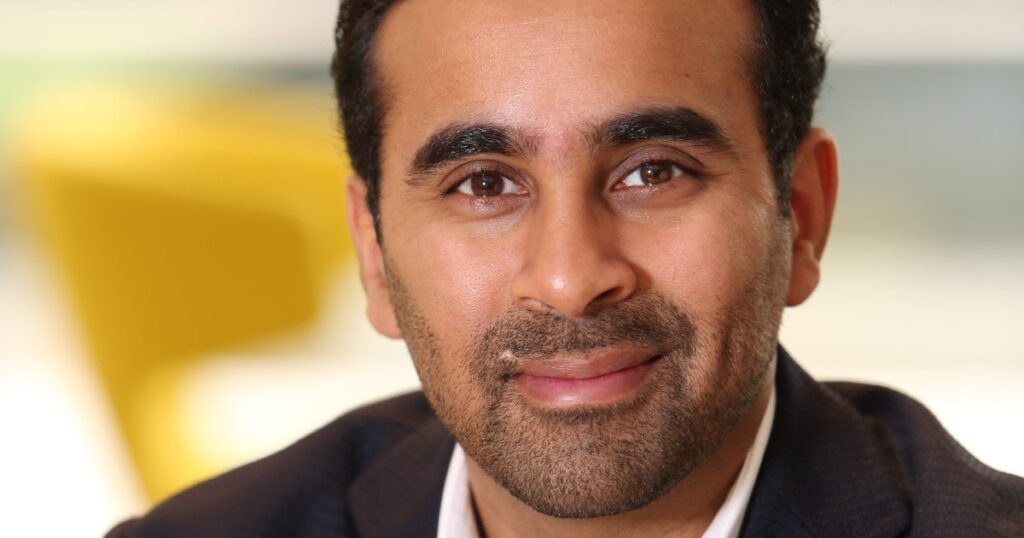Embracing Digital Change in Asset Distribution
The asset management sector is experiencing a remarkable evolution in its distribution methodologies, shifting towards digital platforms and direct engagement with consumers.
A recent PwC survey highlighted that 91% of asset management leaders intend to revamp their product distribution approaches within the next few years.
This transformation is fueled by the necessity for enhanced efficiency and the evolving preferences of modern investors.
By adopting digital distribution, asset managers can significantly lower costs through reduced dependence on intermediaries, enabling them to connect with a wider audience more economically.
This approach also allows for more targeted marketing efforts and personalized communications, utilizing data analytics to customize messaging and product suggestions based on individual investor preferences and behaviors.
Boris Redfern underscores the crucial nature of personal relationships in investment management, stating, “The investing business is fundamentally a people business. The real value of investment advice lies in the trust forged between client and advisor, which can surpass net performance in significance for some investors, particularly older individuals.”
Nonetheless, Boris acknowledges the vital role technology plays in optimizing operations.
He points out how robo-advisory services enhance investment management by providing automated, tailored financial advice. These platforms use algorithms to evaluate individual investor profiles, ambitions, and risk appetites, enabling investment managers to deliver personalized recommendations effectively and at scale.
In terms of asset allocation, he notes that “these services apply sophisticated algorithms to ascertain the ideal asset allocation aligned with an investor’s risk profile and investment timeline, creating a diversified portfolio that meets the client’s goals without necessitating manual adjustments.”
Incorporating ESG and Sustainable Practices
With environmental, social, and governance (ESG) factors becoming increasingly critical, asset managers face mounting pressure to weave these considerations into their investment frameworks. A Preqin study revealed that 77% of hedge fund managers anticipate that ESG will play a larger role in their investment strategies by 2025.
“While ESG is a vital subject, it remains subject to changing regulations,” shares Matt.
“Therefore, hedge funds and asset managers must avoid overstating their sustainability claims. The focus should rather be on establishing solid processes that extend beyond merely depending on the risk scores provided by ESG vendors.”
Matt highlights the growing relevance of ESG in the due diligence process, stating, “ESG will increasingly become a crucial component of due diligence, where actively managed firms like ours can create a positive impact—not only in delivering alpha but also by pinpointing companies poised to significantly contribute to a sustainable future.”
To satisfy the rising ESG expectations, asset managers must formulate comprehensive ESG policies and frameworks that inform their investment choices. This involves establishing explicit criteria for assessing companies’ ESG performance and embedding these elements into their risk evaluation models.


